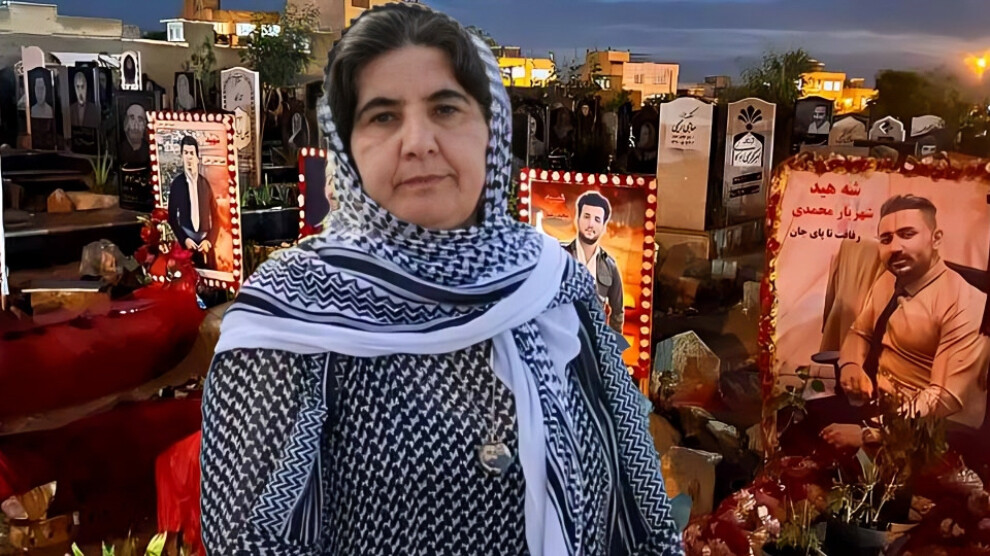Iranian forces arrest mother of slain protester ahead of uprising anniversary
Over the past week, at least 18 Kurdish civilians have been detained in Iran as the anniversary of the ‘Jin, Jiyan, Azadi’ uprising in 2022 approaches.
Over the past week, at least 18 Kurdish civilians have been detained in Iran as the anniversary of the ‘Jin, Jiyan, Azadi’ uprising in 2022 approaches.

The Kurdistan Human Rights Network (KHRN) reported that Iranian security forces have arrested Mina Soltani, the mother of Shahriar Mohammadi, a protester killed during the anti-government ‘Jin, Jiyan, Azadî’ uprising in 2022, ahead of the second anniversary of the protests.
Soltani was arrested without a warrant at her home in Bukan, West Azerbaijan Province, at around 18:00 local time on 11 September and taken to an undisclosed location, according to KHRN.
The dadkhah activist mother (a Persian term used for victims’ relatives and survivors seeking truth and justice) has faced constant pressure and threats from security forces over the past two years due to her activism following the death of her son.
Her son, Shahriar Mohammadi, was shot and wounded by security forces during anti-government protests in Bukan on 18 November 2022, and later died in hospital due to his injuries.
Over the past week, at least 18 Kurdish civilians have been detained by the Ministry of Intelligence and the Islamic Revolutionary Guard Corps (IRGC) Intelligence Organisation in the cities of Mahabad, Oshnavieh, Piranshahr and Bukan in West Azerbaijan Province, and Marivan, Sarvabad and Divandarreh in Kurdistan Province, and taken to the security detention centres of the two security services.
Jina Mahsa Amini, a 22-year-old Kurdish Iranian woman, was detained and tortured to death by the ‘morality’ police in Tehran in September 2022. Jina Amini’s death sparked an unprecedented rebellion in Iran and Eastern Kurdistan. This rebellion was called ‘Jin, Jiyan, Azadî’ (Woman, Life, Freedom). Iranian forces killed hundreds of people and arrested thousands during the uprising. Many were executed. Human rights groups say the Iranian government uses the death penalty to suppress public outcry.